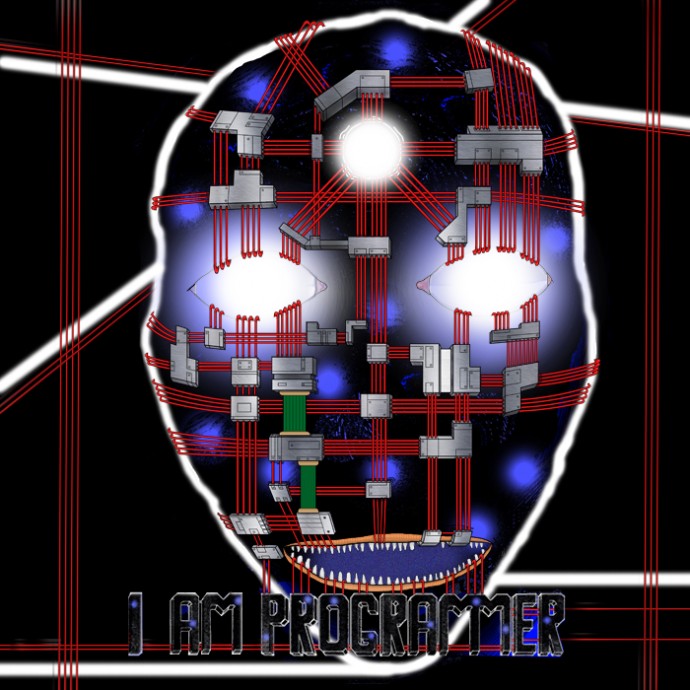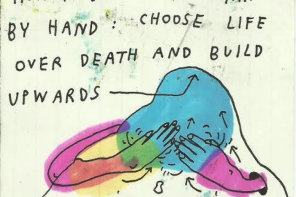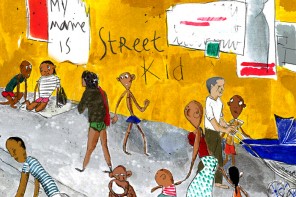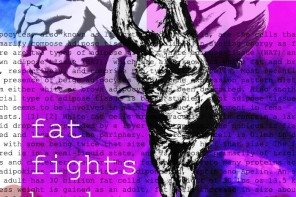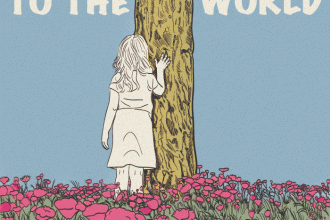Modern society continues the age-old tradition of searching for answers. What is considered and not considered truth advances and recedes like the waves on a shoreline. These waves wash over the collective consciousness, only to be beat back by the next prevailing idea. It is currently high tide for mechanistic materialism where the universe, causality, consciousness and our very humanity is simply a function of physical/mechanical processes, entities and phenomena. Philosophers, scientists, activists and enthusiasts extend these ideas, asserting frightening implications. Their conclusion: we are not free. Here, an average fellow talks to Sensa Nostra, and throws himself at the mercy of the court of popular opinion, hoping to make a case for believing in freedom.
Imagine a world where the absence of agency is an accepted truth. For example, how might an everyday courtroom scene play out?
“All rise!” hollered the bailiff, as was his destiny. The defendant rose, calmly. He knew his fate had been sealed since the day he was born. Even before then, his fate was sealed.
The judge entered the courtroom, as was his destiny, resplendent in flowing robes and powdered wig. He sat at the bench and the attendees took their seats, as was their destiny. “How do you plead?” he asked.
“Guilty, of course,” replied the defendant.
“Naturally,” said the judge, repeating his oft-uttered, ceremonial lines. “You are sentenced to the rest of your life, whatever that may be, as is your destiny. We all know that choice does not exist. Your victims were living out their destiny, as were you. A formal punishment of any kind would be futile. May the Great Programmer have mercy on your neurons.”
Look back on your life. Backwards only. The path exists as one single, intransigent line. Every choice, every occurrence is fixed in time. Everything is unalterable, rigid, frozen solid like the windswept ground of the Russian tundra—and similarly lifeless.
From this vantage point, all that exists appears to be the product of a sort of fate. We all stand at the confluence of time and physical forces—exactly where we were sent, exactly where we were meant to be.
What happens when we turn around? When the past is at our backs, the path before us is only speculation. Up ahead, we may see that holiday to Spain or the café meeting we scheduled with friends. We will be challenged and we will approach challenges with confidence, or we approach them timidly, sure of our failure but optimistic for success. We plan and anticipate and hope and improvise and adjust. We waver or hold fast, compromise or stand our ground. All of this is an effort to create a small but significant personal reality that suits us, one that stretches out to our future as a shifting potential, dynamic and fluid. Before us is a blank canvas waiting for us, the artists, to give it that special, unique touch.
Even the neuroscientists, in an attempt to marry philosophical mechanism with the scientific method, speak of an agent that operates the brain. They say things like, “Hormone X affects ‘you’ and ‘you’ release inhibitor Y.” Who is this ‘you’? Is this merely a trick of language?
Perhaps our society, so flush with machines, makes us feel that we are one of them. Perhaps it is only the natural philosophy of our time. But is the organic machine a fair comparison? Neural networks and circuit boards are close enough, but humans created circuit boards. In their own image, perhaps?
Who is the Great Programmer? Who or what wrote the code? Machines have no purposes. They are given purposes. We find ourselves in the same philosophical quandary as those who assert the existence of God.
If it is true that free will is an illusion, it is the grand illusion. All of our struggles, the movement of peoples and nations, toil and work, searching and discovery, ideas, hope, plans, love and hate, likes and dislikes, communication, justice, laws, values, and all of human endeavour are for naught.
People are driven by purposes—composed of countless smaller purposes—which are driven by values that are decided upon by each person’s inner search for truth, fulfillment and their imaginings of what a good life might be. We come to these purposes by observing and judging the world and people around us. “Do they live the good life?” we ask. “How can I benefit?” we wonder. “What must I do to be who I want to be?” we muse. And if we are willing, we speak about what we want and it comes to life. We ask ourselves if it can be done and decide that it can. We transcend our current reality and begin to move through it, leaving waves and ripples of change in our wake. We find out how it can be done and we act to bring about actualization. It is that beautiful and mysterious creative process by which every human to have ever lived has generated his or her own personal reality.
We set our own agendas and we fight against social, financial, and personal constraints. Yet we all achieve in our own way. We are the Great Programmer. We write the code.

